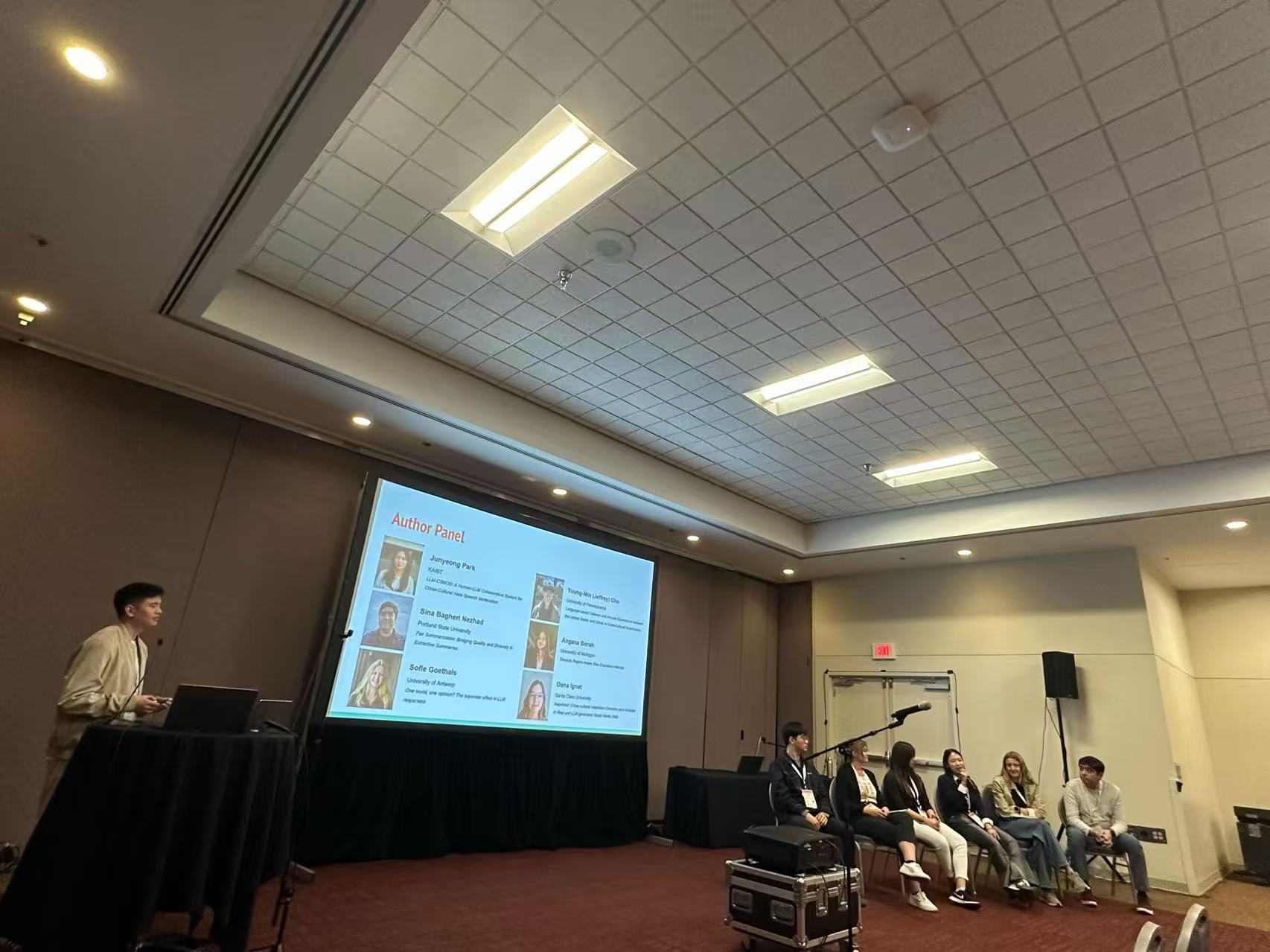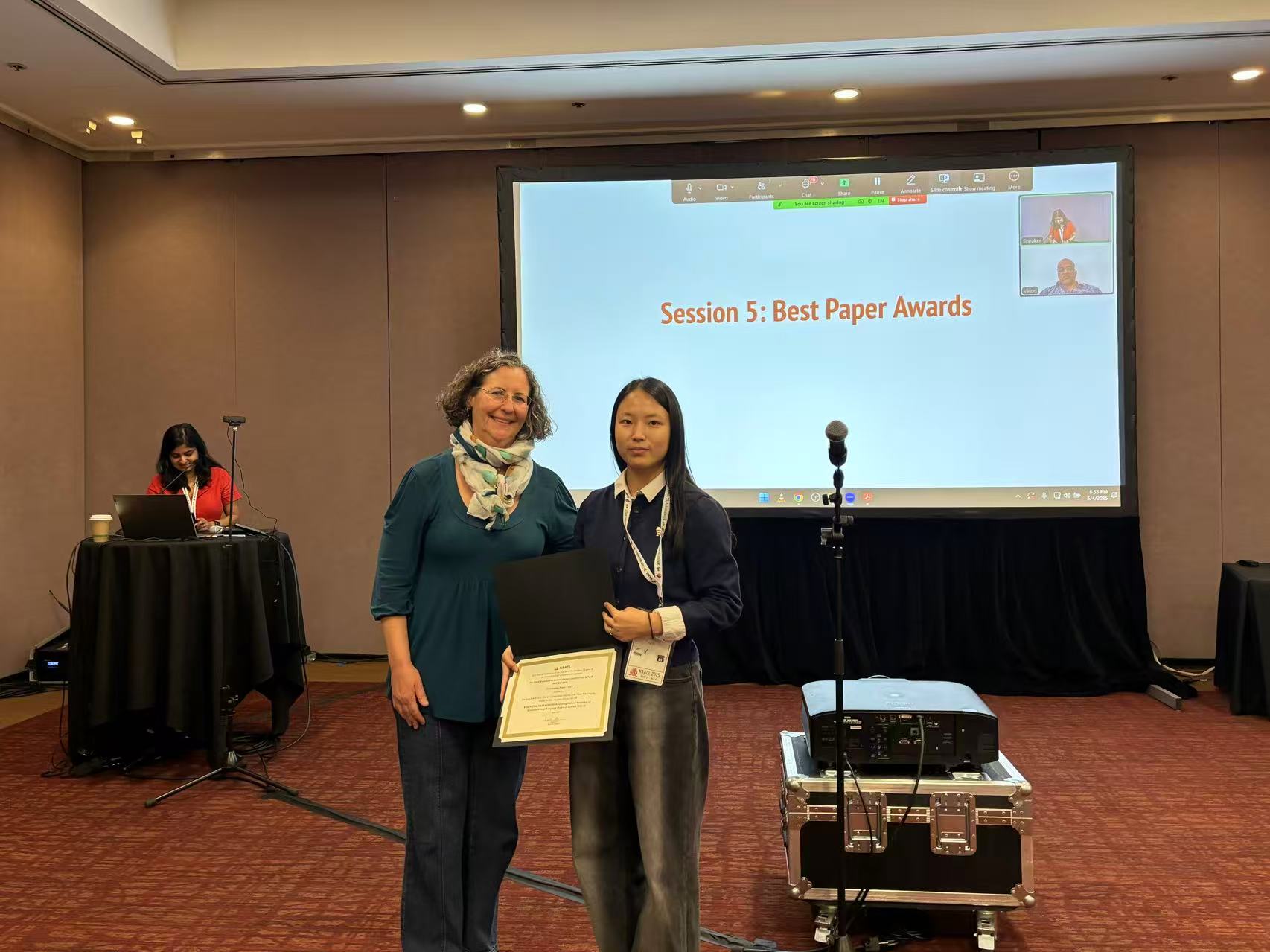ORGANIZING COMMITTEE
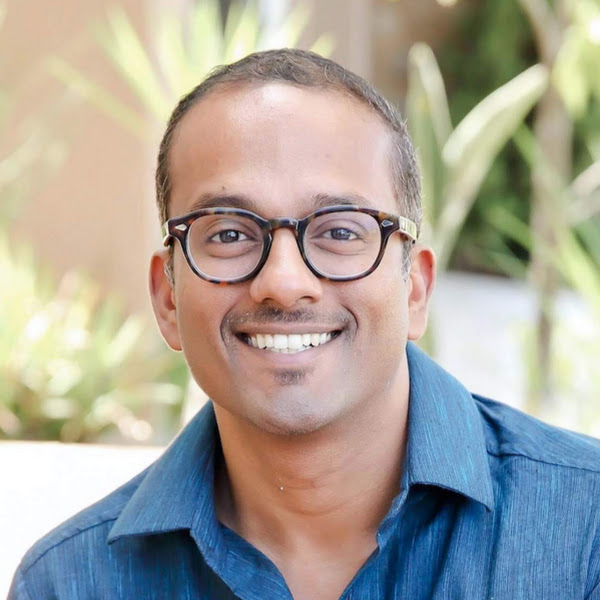
Vinodkumar Prabhakaran
Staff Research Scientist
Google Research
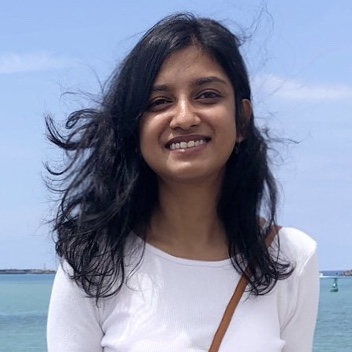
Sunipa Dev
Senior Research Scientist
Google Research
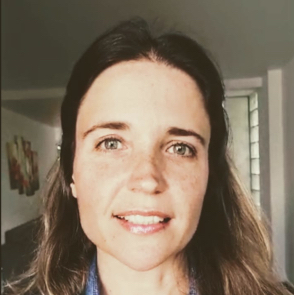
Luciana Benotti
Associate Professor
Universidad Nacional de Córdoba

Daniel Hershcovich
Assistant Professor
University of Copenhagen
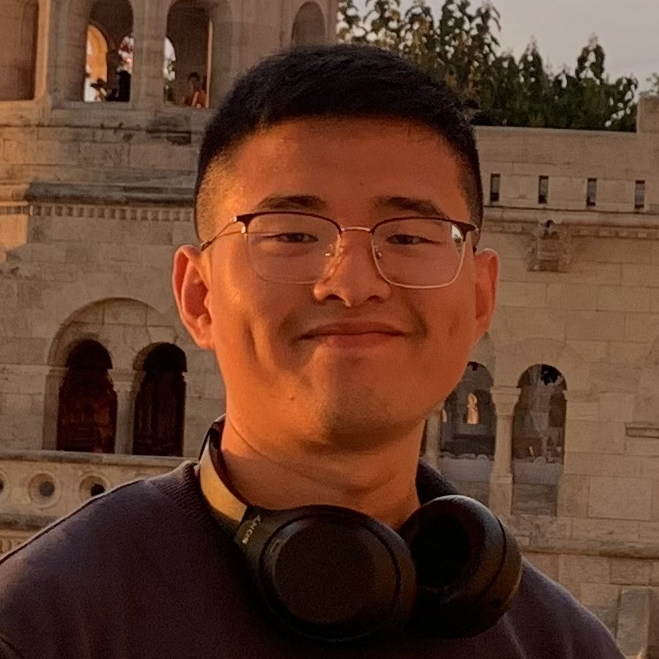
Yong Cao
Postdoc Researcher
University of Tübingen

Li Zhou
Postdoc Researcher
The Chinese University of Hong Kong, Shenzhen
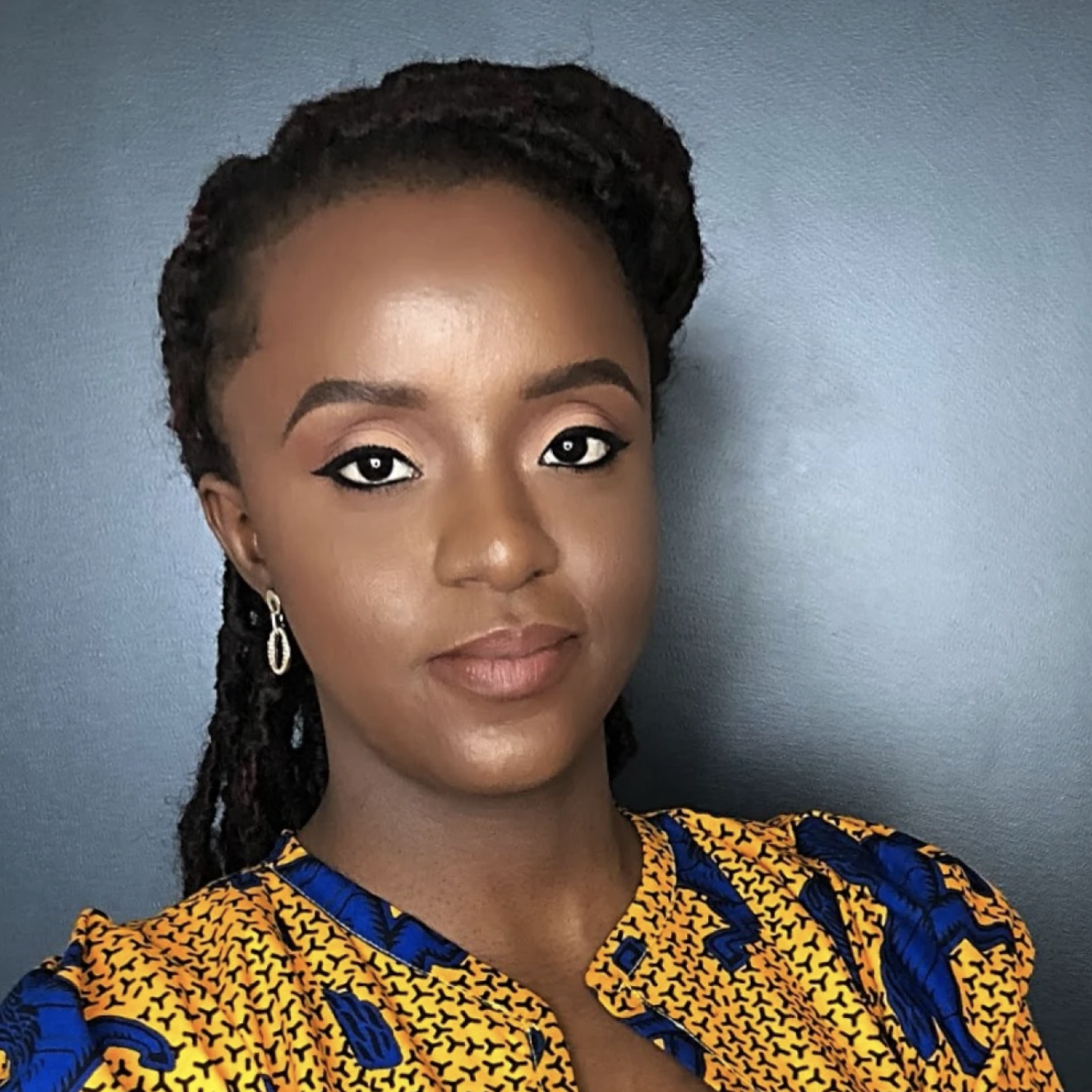
Ife Adebara
PhD Student
University of British Columbia
OUR SPONSORS
Gold Sponsors
Sponsorship Tiers
Platinum ($3,000)
This is a great way to position your company or organisation as a thought leader in the field of cross-cultural considerations in NLP,
signalling to researchers, civil society, competitors and buyers your commitment to furthering social-oriented research that benefits all of us.
Your company name will feature in our recordings, on the website and in the Proceedings. We will explicitly acknowledge and thank you for your support of
C3NLP@NAACL.
- Large Logo on Website (with hyperlink)
- Large Logo in Proceedings
- Invitation to attend the workshop
- Company name in recording description
- Acknowledgement at the beginning and end of the workshop
Gold ($2,000)
This is our mid-tiered package and will still give you great exposure to our attendees. Unlike Platinum, the company logos will be sized slightly smaller. But you will still get access to the community and be able to demonstrate your commitment to the topic.
- Large Logo on Website (with hyperlink)
- Medium Logo in Proceedings
- Invitation to attend the workshop
- Company name in recording description
- Acknowledgement at the beginning and end of the workshop
Silver ($1,000)
This is our smallest package and is an excellent way to first explore the C3NLP community and learn more about our exciting programme of research. With all packages, you are able to meet with the Workshop organisers and find out more about how to position your company within C3NLP, which can be particularly useful for first-time sponsors.
- Medium Logo on Website (with hyperlink)
- Medium Logo in Proceedings
- Company name in recording description
- Acknowledgement at the beginning and end of the workshop

